Home » Fasting Month Ramadan in Cairo
Fasting Month Ramadan in Cairo
If your upcoming trip to Cairo coincides with the holy Islamic month of Ramadan, you may feel a bit hesitant or uncomfortable, especially if it’s your first time in a Muslim country. We truly understand that. It’s easy to worry about something you’re unfamiliar with, particularly when you want to remain respectful.
We’re here to ease your concerns and explain what Ramadan in Cairo is really like. To be honest, as a tourist you might not even notice a big difference between Ramadan and non-Ramadan days. But to ensure you’re well prepared, we have gathered some useful information about Ramadan in Cairo that may help you.
For those who are not exactly sure what Ramadan is: it is a holy month in Islam during which Muslims fast from sunrise to sunset (no food, no water, no smoking). It is a time for family, community, charity, and spirituality.
Most Egyptians break their fast at home with a festive meal, usually surrounded by family and friends. Afterward, they rest and enjoy plenty of delicious—but very heavy—Ramadan desserts while watching their daily “mosalsalat,” a type of month-long soap opera. A great emphasis is also placed on helping the poor and providing meals for the less fortunate.
Tips for Tourists in Cairo (and Egypt in general) during Ramadan
Eating/Drinking in Public
- As a tourist, no one will look at you twice if you eat or drink in public.
- Because of Egypt’s dry heat, it’s best to carry a water bottle. Don’t worry if you run out—supermarkets and street kiosks remain open during Ramadan, and you can buy whatever you need.
Eating in Restaurants
- Avoid restaurants at Iftar time (around 6:30 PM). They are crowded, and the food is often not at its best.
- Some restaurants stop serving food around 4:30 PM to prepare for Iftar.
- Until 4:30 PM you can eat normally in all open restaurants. After that, it’s best to avoid them until around 8:30 PM.
How to Dress
- You can dress normally. Egyptians do not change their clothing style for Ramadan.
- In Cairo (not at the beach), avoid miniskirts, shorts, and crop tops—this is recommended even outside Ramadan.
Working Hours
- Banks close early (around 1:30 PM).
- Exchange offices, shops, and stores usually close 1–2 hours before Iftar and reopen 1–2 hours afterward.
- Tourist sites, such as the Pyramids, often close about one hour earlier than usual.
Alcohol
- In Cairo, alcohol is only served to foreigners in hotel restaurants and bars (just show your passport). This also applies to budget hotels and hostels.
- Many foreigners and Egyptians with foreign passports drink without any issues—there is no “Islamic guilt” involved.
Traffic
- Rush hour is between 3:00 PM and 5:00 PM, and traffic is worse than usual because working hours are shortened.
- Just before, during, and right after Iftar, Cairo’s streets are incredible—the traffic disappears like magic, and you can get anywhere in half the normal time.
- Plenty of taxis and Ubers are available during these hours.
Differences You Might Notice as a Tourist
Overall, as a tourist, you won’t really feel a major difference between Ramadan and non-Ramadan days.
Some amusing things to observe:
- Fasting gives grumpy Egyptians a socially acceptable excuse to shout at each other (even more) on their daily commute—using their voices or car horns.
- Popular phrases you might hear include:
- “Allahoma eni sayem” (“O God, I am fasting” → meaning: “Give me patience so I don’t lose my temper with this person”).
- “Matkhalineesh aftar aleik” (“Don’t make me break my fast because of you” → meaning: “Stop before I do something that invalidates my fast—and you won’t like that.”)
- At Iftar time, you may see “date ninjas”—people standing on the streets handing out free dates to help drivers break their fast.
The Wonderful Side of Ramadan
Iftar and Sohour
- The two main meals during Ramadan are Iftar at sunset and Sohour before sunrise.
- In Cairo, however, Sohour becomes a social event starting from 10:30 PM until sunrise.
- In restaurants, cafés, and among street vendors, you’ll find cheerful crowds eating, smoking shisha, and playing cards or dominoes all night long.
Ramadan Tents
- Many hotels offer “kheyam Ramadan” (Ramadan tents), where you can enjoy:
- Sohour meals
- Ramadan drinks
- Shisha
- Arabic live music
- A festive atmosphere
Mawa’ed Rahman
- Across the city, you’ll see large tables set up to offer free Iftar meals to those in need.
Fanoos Ramadan
- Many Egyptians buy a “Fanoos Ramadan”, a decorative lantern used to decorate homes and shops.
- Keep an eye out for street vendors selling them—these lantern displays are beautiful and make wonderful photos.
Conclusion
Ramadan in Cairo is a joyful and festive time, and there is absolutely no reason to worry. Enjoy the food, the Ramadan tents, the lanterns, and simply have a wonderful time.




